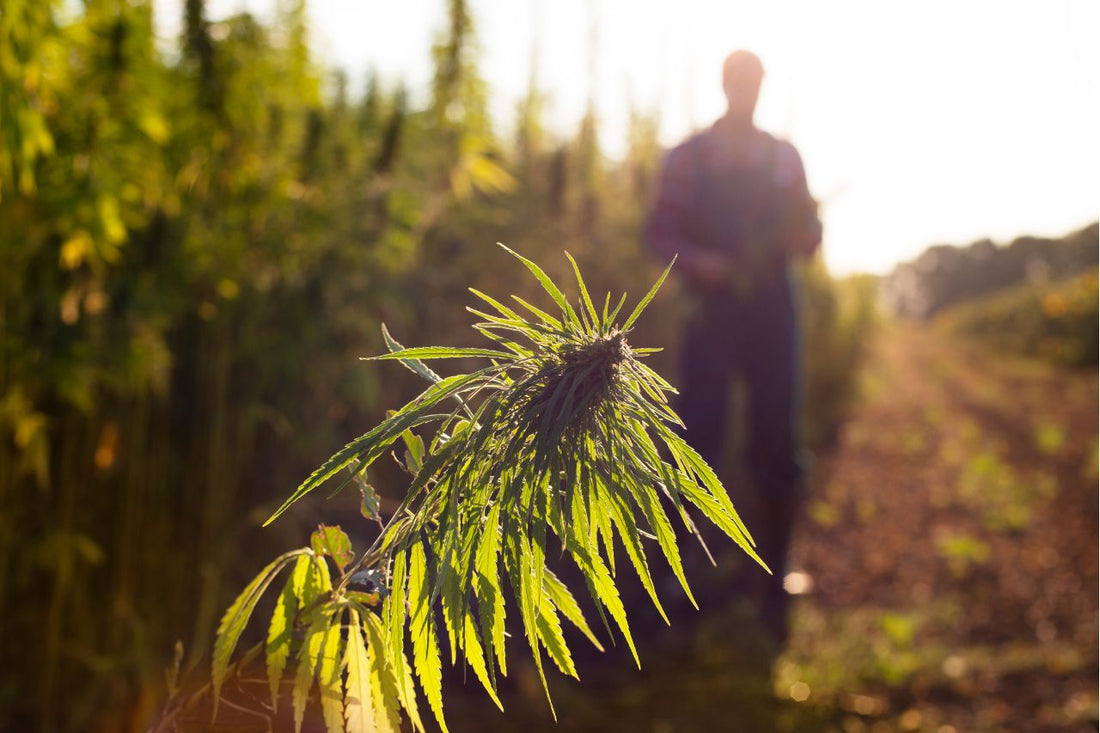Morocco's Landmark Transition to Legal Cannabis
Drawing from my extensive knowledge and experience in the CBD and hemp industry, the news from Morocco marks a transformative period. In 2023, the country unveiled its first-ever legal cannabis yield, totaling 294 metric tons.
This development, emerging from a long history of unregulated production, signifies Morocco's ambitious move to formalize cannabis cultivation for specific applications. It's a strategic endeavor that not only aims to position Morocco on the global cannabis map but also signifies a crucial phase in its agricultural and economic evolution.
The Strategic Move Toward Legalization
With the legalization of cannabis cultivation for medical and industrial purposes in 2021, Morocco embarked on a transformative journey. This decision was driven by the potential for increased revenue, job creation, and environmental protection.
The establishment of the National Agency for the Regulation of Cannabis-Related Activities (ANRAC) in 2022 marked a crucial step in overseeing and regulating this nascent industry. The agency's role in certifying cultivation and export activities has been central to Morocco's strategic positioning in the global cannabis market.
A New Chapter for Moroccan Farmers
The initial harvest involved 32 cooperatives and 430 farms across the Rif Mountains, a region with a long history of cannabis cultivation. This development not only legitimizes a traditional practice but also promises to uplift local communities by offering a legal and potentially lucrative alternative to illicit trade. The move has garnered mixed reactions from local farmers, highlighting the challenges and opportunities presented by this significant policy shift.
Global Implications and Future Prospects
Morocco's foray into legal cannabis cultivation is not just a national achievement but a development with far-reaching global implications. As the country navigates the complexities of international trade and market dynamics, its success could serve as a model for other nations grappling with similar issues.
The focus on medical and industrial cannabis, coupled with cautious steps toward recreational use, underscores the nuanced approach Morocco is taking to maximize its potential while addressing societal and legal challenges.
Reflecting on Morocco's Cannabis Cultivation Milestone
As we witness Morocco's historic transition from a major illicit hashish producer to a legal cannabis cultivator, the implications for global trade, local economies, and regulatory frameworks are profound.
This development represents not just a shift in policy but a broader movement towards recognizing and harnessing the potential of cannabis within legal and regulated frameworks. Morocco's journey offers valuable insights into the complexities of transforming traditional practices into sustainable economic opportunities.
Personally, observing Morocco's strides in legal cannabis cultivation highlights a significant moment in global cannabis policy reform. It's a testament to the potential for change, the importance of nuanced regulation, and the benefits of embracing new economic horizons.
As we continue to monitor Morocco's progress, it serves as a compelling case study in balancing tradition, economic development, and legal reform in the evolving landscape of global cannabis cultivation.







